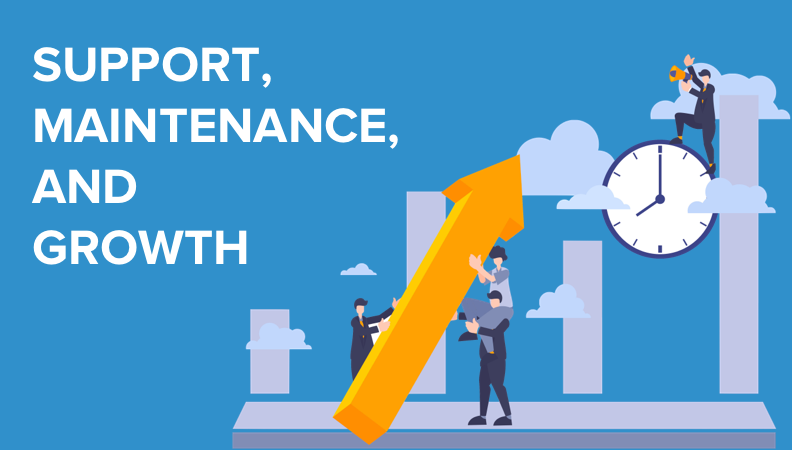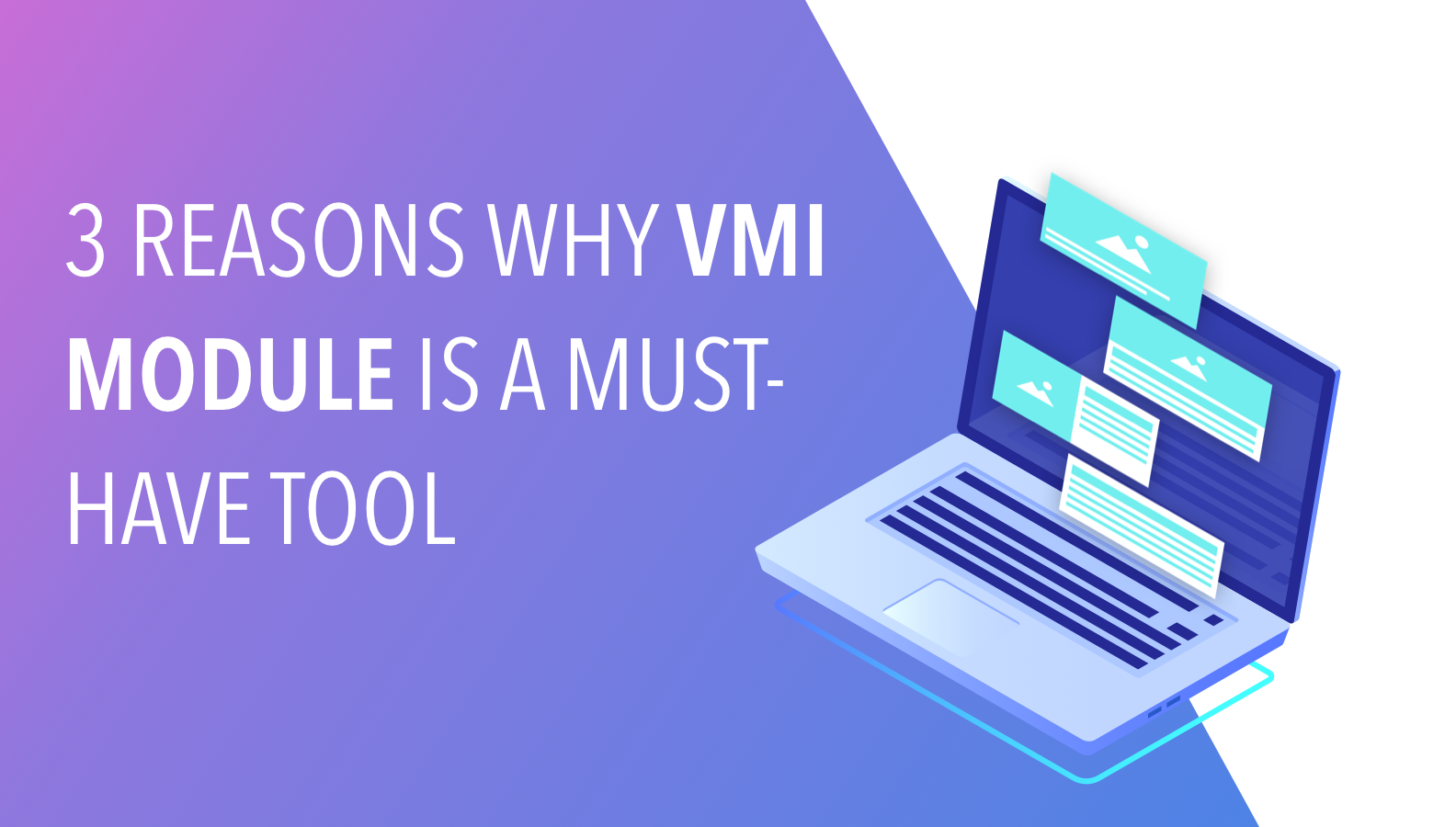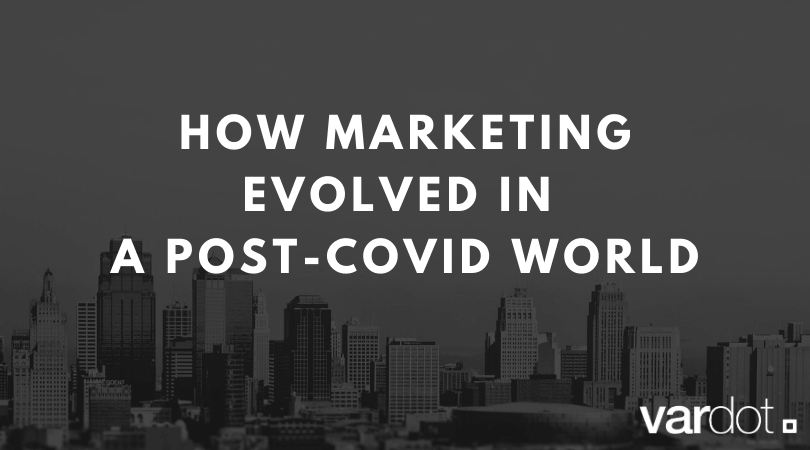- Solutions
- For Industry
- By Need
- Products
- VarbaseEnterprise CMS Distribution for Drupal
- Uber PublisherEnterprise Digital Media Platform Builder
- VardocDrupal Knowledge Base Platform
- Campaign StudioOpen Marketing Platform - by Acquia
- Open SocialSocial Business Platform - by Open Social
- Services
- Strategy
- Design
- Development
- Migration
- Support and MaintenanceSupport and Maintenance
- DevOps
- Digital Marketing

Datasheet

- Clients
- Ideas
- About
- Contact Us

Implementing a Drupal Website in Europe
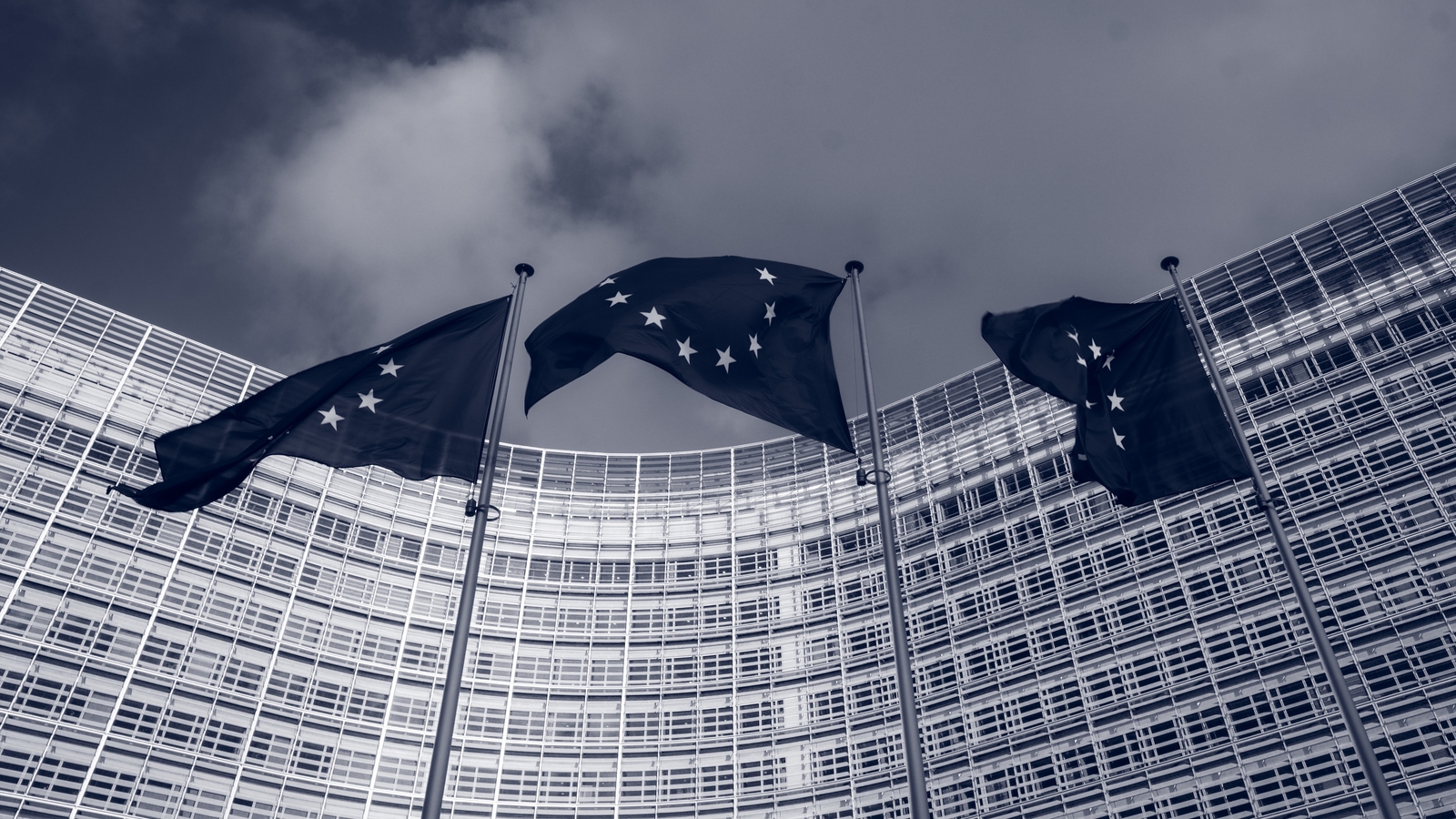
Deciding how to develop and host your website for the European Union (EU) is an important call that will affect process, cost, functionality and maintenance. It is a good idea to consider your options and be super sure that any solution will meet your business needs for the short and long term. Open-source software options like Drupal are usually a cost-effective way to get an enterprise-grade experience. A common mistake is to think that proprietary software is the more ‘professional’ option.
First up, it is helpful to define open-source software and compare a few options.
What is Open-source Software?
Open-source software is any non-licensed software. This means that it is free to use. Content Management System (CMS) software options like Drupal, WordPress and Joomla are all open source. Proprietary CMS type solutions like Microsoft’s SharePoint or IBM’s Enterprise Content Management will come with ongoing software license fees.
So, while the outputs may be more or less equal, the ongoing costs will tend to be more for proprietary options.
What is Drupal?
Drupal is open-source CMS software. A key Drupal advantage is its modularity, which allows for high levels of flexibility and customization. Think of it as being a bit like Lego. The potential combinations of unique building blocks (modules) are almost endless.
For another example, e-commerce and government sites can not be easy to hack or bring down with DDoS attacks or similar. The reasons for this are obvious. Drupal’s enhanced security protocols make it a reliable choice used by high-profile sites like the United States (US) based Federal IT Dashboard.
Other key benefits that Drupal offers include:
- Accessibility. Drupal versions 7 - 9 have built-in tools, specific modules and themes dedicated to meeting W3C standards.
- User-friendly back-end admin. Drag and drop Layout Builder for easy content creation.
- Built-in SEO. Out-of-the-box, Drupal options come with built-in SEO functions like automatic alt tagging.
Drupal vs WordPress vs Joomla
WordPress is a well-known CMS often used by small to medium-sized businesses that might think Drupal is too complex. This assumption is a misconception. Like all things modular, Drupal can be as simple or as complex as you choose to make it.
We have already covered an in-depth comparison between the top 3 open-source CMS options, Drupal vs Joomla vs WordPress. In summary, Drupal is the objective leader in a few areas:
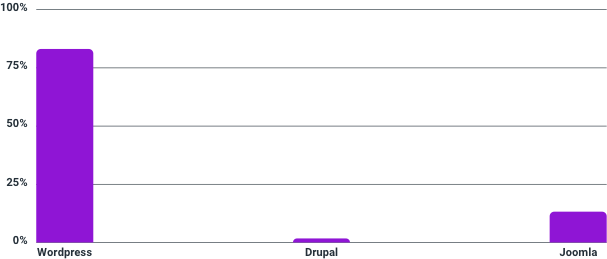
- Security. Drupal is the CMS of choice for many government agencies, including the US-based The National Institute of Standards and Technology. While the US may not have the strict public privacy requirements of Britain or the EU, their government site will cater to a different level of security requirement.
- Scalability. For fast-growth or enterprise businesses, Drupal offers out-of-the-box solutions that scale without requiring multiple third-party plug-ins. Your CTO and Cybersecurity team will appreciate this.
- Multi-language support. Again Drupal offers out-of-the-box support for multiple languages making it ideal for businesses with diverse audiences or multi-regional rollout requirements. The EU and EEA have a wide range of languages. The ability to easily adapt templates to different languages is a massive cost and time saver.
- Intuitive admin. Any member of the content team can use Drupal’s Layout Builder. Its drag-and-drop functionality allows for easy control over the content creation workflow. No need to hire developers for content updates, the editorial team can handle the entire process.
Take out: As a company operating digital properties in the EU or EEA markets, you have to be GDPR compliant and able to compete in a small and cluttered market. Drupal’s advantages over other open source options make achieving these objectives more realistic.
Hosting a Drupal Website
If you have decided on Drupal for your websites in the European Union (EU), a good call to make early on is what type of hosting you will use. Hosting a website is an often underappreciated aspect of building digital experiences. However, it can make the difference between a great user experience and a sluggish site that costs you users, customers, search ranking position and unnecessary maintenance fees.
There are a few Platform as a Service (PaaS) options to choose from, so understanding what the top companies specialize in vs your business and tech stack requirements is pretty important. Of course, you will need to have defined these upfront.
Vardot works with three reputable providers to ensure that our customer’s specific Drupal requirements are met. For a more in-depth comparison, take a look at our blog on the various advantages of using Pantheon, Platform.sh or Acquia.
An experienced digital agency will tend to build better websites than your brand agency. In the same way, established Drupal-optimized PaaS providers provide better Drupal hosting options. Some of the more important advantages include:
- 24/7 support from Drupal specialist teams is usually available on all tiers
- Options for businesses with legacy Drupal or mixed code bases
- Agnostic infrastructure options for easy integration with partners from Google to AWS, Microsoft Azure and OVHCloud.
- Quality Content Distribution Network options for content-heavy sites can be available on all tiers
- Ability to choose multi-language (up to 70) and multisite support options
Unless you have an expert in-house team, it is worth working with a dedicated Drupal development partner that has established relationships with the top PaaS providers. Finding the right modules and hosting solution for your requirements can be time and cost-intensive. Building an in-house team of experts? Even more so. It is usually a good idea to shortcut that process by relying on the guidance of teams who have more experience and expertise.
Take out: Some things can be done well by generalists. Drupal hosting and implementing is not one of them. It's a good idea to find a Drupal-optimized provider with services that can be tailored to meet your precise requirements and budget.
How to be GDPR Compliant with Drupal
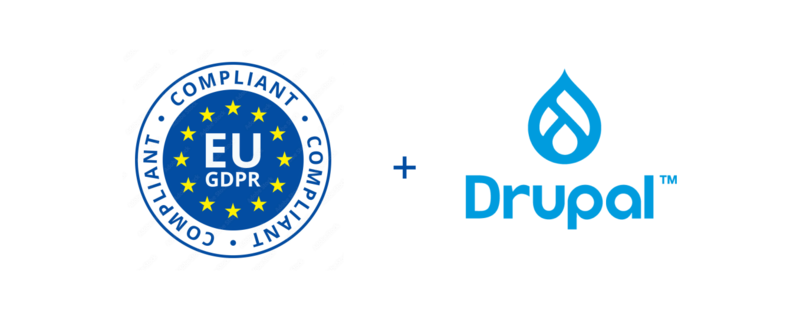
Any business operating web properties in the EU or the European Economic Area (EEA) will need to be GDPR compliant. Since 2021, due to Brexit, GDPR regulations are no longer applied in the United Kingdom (UK). Instead, UK-hosted websites will need to comply with the Data Protection Act 2018 (DPA 2018).
While this divide seems pretty concrete, as with anything legal, it is a mistake to assume things are simple or clear-cut. Any company that has legal entities in, customers from or websites hosted in the EU and UK will need to comply with both the GDPR and the DPA. As these are broad pieces of legislation that affect many aspects from architecture to maintenance, it is wise to have an expert legal advisor to assist with your compliance process.
The Drupal community has been catering to some of the more technical aspects of GDPR compliance since GDPR was enforced in May 2018. Again, depending on your business and how you work with things like data or third parties, your GDPR compliance requirements will differ.
Different GDPR compliance requirements will need unique Drupal solutions. A quick search for GDPR in the Drupal module library brings up 95 results. None of these modules will replace the need for the advice of a specialist lawyer, but some, like this currently maintained GDPR module can help with features and checklists.
Take out: Pay for expert legal advice that's specific to your business and then match your Drupal modules to meet those compliance requirements. There is no one size fits all, out-of-the-box solution for this, unfortunately.
Need help building the ideal CMS?
Contact Us for a free consultation now!
Examples of Drupal Websites in the EU
Drupal is used for many high-traffic European Union (EU) sites that generate tens of millions in online sales revenue. Organizations from Amnesty International to UNESCO and local UK governments utilize Drupal CMS solutions. It's undeniably an enterprise-grade solution.
To understand why, let’s take a more detailed look at a well-known example.
The Economist
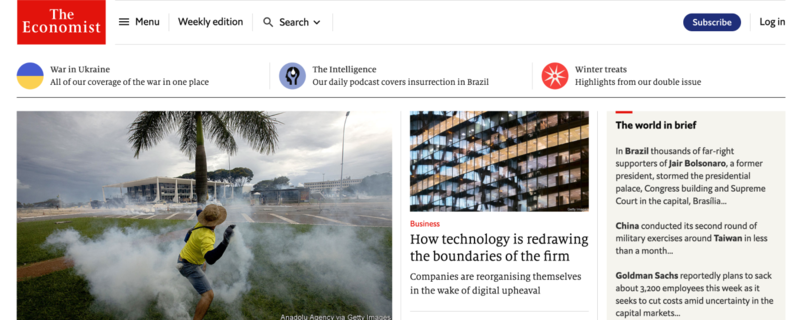
Some of the highest levels of GDPR and security compliance requirements exist in the e-commerce industry. While you might not think that The Economist is an e-commerce business, their site sells subscriptions and has SKUs. As it is also a news site, it’s a great, high-traffic, multinational example to explore.
GDPR Compliance
With Scottish origins, The Economist is now a global organization with offices, readers and subscribers across the EU, EAA and the UK. The main site utilizes a .com domain. With offices and subscribers in the EU, EAA and UK it would be wise for them to be GDPR and DPA compliant irrespective of where the main site is hosted.
Take out: Legal compliance is a multi-team job with implications across the entire business. Don’t delegate this responsibility to your development team.
Migrating to Drupal
The Economist’s flagship site was migrated to Drupal 6 from a ColdFusion x Oracle set up over a decade ago. As a news site with over 3 million registered users and a comment frequency of +1 per minute, its migration was not a straight forward lift and shift. In typical Drupal style, a custom migration module was built and open-sourced.
Take out: With a comprehensive case study and a currently maintained module, migrating to Drupal from your legacy system has been tested at the highest level, is cost-effective and already has a robust methodology in place.
Decoupled Drupal
Decoupled or headless Drupal makes use of a Drupal CMS (backend) that is uncoupled from the front end, which displays content. This means that a single CMS can display content across multiple front ends (user interfaces), making it a good option for businesses with multi-regional sites.
The Economist’s Drupal CMS was able to scale and integrate with new solutions as the business grew and adapted. React is an open-source Javascript library for interactive user interfaces. As the number of platforms increased, a React front end was introduced to facilitate easy content display across all of the sites. Drupal’s API-first approach made integration with React pretty straightforward.
Take out: Drupal is a flexible, centralized content repository that is capable of adapting to your business's shifting architecture. This makes it an ideal choice for longevity. Also, as Drupal is looking to adopt React, many developers are upskilling in this specific type of integration.
Drupal Hosting
The Economist is hosted by Drupal-optimized PaaS, Platform.sh. Again, it is wise to make use of Drupal-optimized hosting that meets your business's unique requirements. Platform.sh’s platform agnostic approach, along with its multi-language support would be invaluable to The Economist’s ability to scale and iteratively adapt.
Wrap Up
Drupal is a viable EU and UK market option for all organizations, from start-ups to established enterprises, across all verticals. Superior security protocols, customizable modules and an API-first approach make it both easy to get compliant with legislation and super easy to scale.
Added benefits such as baked-in SEO standards, accessibility specific modules and community support increase performance while reducing overhead costs. Once you factor in the lack of steadily increasing license fees, the cost to performance ratios gets even more favorable.
- CMS
- europe
- Drupal
- Drupal hosting
- Hosting
